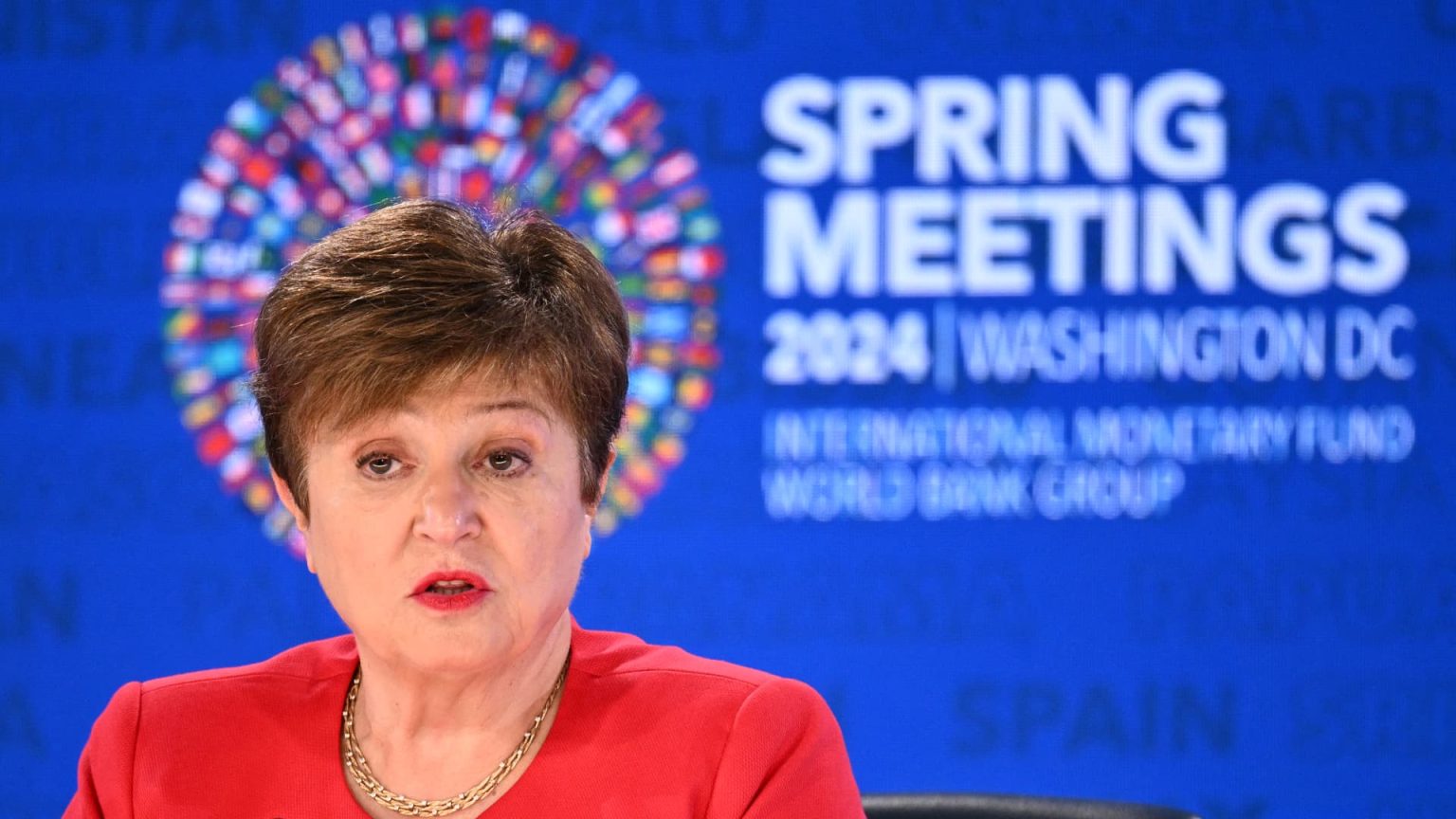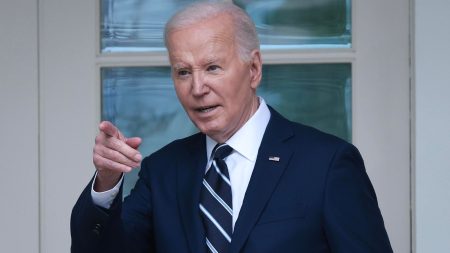Kristalina Georgieva, managing director of the International Monetary Fund, discussed the potential impact of a monetary policy divergence between Europe and the U.S., noting that the issue could be more acute in emerging markets. While most advanced economies have raised their benchmark interest rates in recent years to combat inflation following the Covid-19 pandemic, they are now looking to lower rates as economies begin to cool off. However, signals in the U.S. suggest that rate cuts might still be some months away, which could have negative effects on emerging markets due to their debts often being priced in U.S. dollars.
A high interest rate environment in the U.S. is typically bad news for emerging markets as it can make their debts more expensive and lead to capital outflows as investors seek higher returns in the U.S. This can also result in much tighter financial conditions for emerging markets. Georgieva highlighted that this issue is more significant in many emerging market economies, along with some concerns in Japan. Policymakers in these regions need to carefully monitor the situation to prevent significant volatilities. However, she noted that in Europe, the impact is not as severe, with the 50 basis points difference between U.S. Federal Reserve and European Central Bank rates leading to only a minor shift in the exchange rate.
In the euro zone, Georgieva expressed that there is not major concern about the impact on the exchange rate, as the IMF’s analysis showed that the small difference in interest rates between the U.S. and Europe was unlikely to cause significant shifts. She noted that the exchange rate impact in Europe would likely be minimal, around 0.1 to 0.2%, indicating that this issue is not a major concern in the region. While the divergence in monetary policy between the U.S. and Europe could have more pronounced effects in emerging markets, Georgieva suggested that Europe may be better positioned to weather the potential consequences.
Georgieva emphasized the importance of policymakers in emerging markets closely monitoring the situation as the U.S. interest rate environment evolves. She highlighted the need for vigilance in countries where the impact of high U.S. interest rates could have more substantial effects. While Europe may not be as affected by the monetary policy divergence, Georgieva stressed that attention should still be paid to any potential volatilities that could arise. By carefully monitoring the situation and taking appropriate measures, policymakers can mitigate the risks associated with a higher interest rate environment, particularly in emerging markets where the impact may be more pronounced.
Overall, Georgieva’s comments underscore the complexity of the global economic landscape and the interconnectedness of monetary policies across different regions. While a divergence in interest rates between the U.S. and Europe may not have significant repercussions for Europe, emerging markets could face greater challenges due to their reliance on U.S. dollar-denominated debt. By staying vigilant and closely monitoring developments, policymakers can work to safeguard their economies and mitigate the potential negative impacts of a changing interest rate environment. Georgieva’s insights serve as a reminder of the importance of coordination and cooperation among policymakers to navigate the challenges posed by shifting monetary policies on a global scale.














